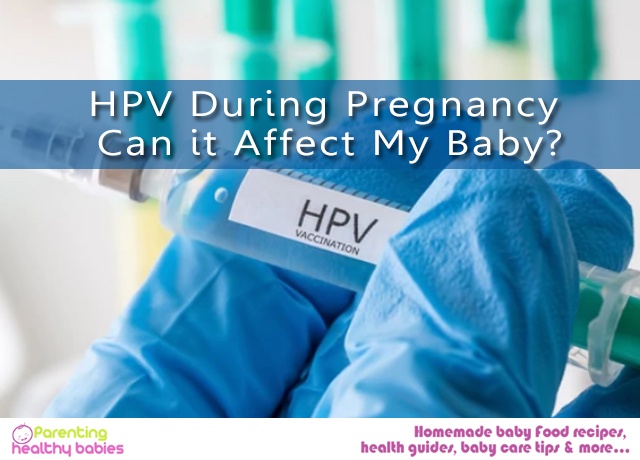Bacterial infection that can be found in a pregnant woman’s vagina or rectum is known as Group B streptococcus infection (GBS). This bacteria is normally found in the vagina and/or rectum of about 25% of all healthy, adult women. Women who test positive for GBS are said to be colonized.
Not all Babies who is born to a mother who tests positive for GBS will become ill. Although GBS is rare in pregnant women, the outcome can be severe.
Guide for Group B Streptococcus Infection in Pregnancy
Signs and symptoms
Newborns with early onset GBS infection, the signs and symptoms usually develop within the first 24 hours after birth. Late onset GBS infection which develop in babies are often healthy and thriving, with the signs and symptoms of the disease developing after the first week of life. GBS infection signs and symptoms in babies include:
- Fever
- Breathing problems/grunting sounds
- Bluish-colored skin (cyanosis), seizures
- Limpness or stiffness
- Heart rate and blood pressure abnormalities
- Poor feeding
- Vomiting
- Diarrhea and fussiness
Adults who develop invasive GBS infection may develop
- Bloodstream infection (sepsis)
- Skin and soft-tissue infection
- Bone and joint infection
- Lung infection (pneumonia)
- Urinary tract infection
The exact source of group B streptococcal disease in nonpregnant adults is often not determined.
Causes
Group B streptococcus is commonly found in the intestine, vagina, and rectal area. Under certain circumstances, perinatal group B strep infection of both the mother and/or the newborn can develop.
If neonatals develops GBS infection in the first week of life, it is termed early onset disease.The GBS infection develops from 1 week to 3 months of age, it is referred to as late onset disease.
In neonatal , group B Streptococcus infection is acquired through direct contact with the bacteria while in the uterus or during birth; thus, the gestational bacterial infection is transmitted from the colonized mother to her newborn.
Nearly 50% of colonized mothers will pass the bacteria to their babies during pregnancy and vaginal birth. Not all babies will be affected by the bacteria, and statistics show that about only one of every 200 babies born to a GBS-colonized mother will actually go on to develop GBS infection.
The probable factors that increase the chance of transmitting group B Streptococcus to the newborn leading to early onset disease:
- Labor or membrane rupture before 37 weeks gestation
- Rupture of the membrane more than 18 hours before delivery
- Urinary tract infection with GBS during pregnancy
- Previous baby with GBS infection
- Fever during labor
- Culture positive for GBS colonization at 35-37 weeks
In those babies whose mother tested positive for GBS during pregnancy and more commonly in babies who are born prematurely (<37 weeks) late onset GBS infection occurs .
Group B strep infection is not a sexually transmitted disease (STD).
Diagnosis
In newborns and in adults, isolation of the GBS bacteria is necessary for a definitive diagnosis. Laboratory studies that isolate the organism from certain body fluids, such as blood, cerebrospinal fluid (CSF), and urine, help establish the diagnosis.
For screening of pregnant women, a health care professional will obtain a swab of a woman’s vaginal and rectal area to screen for GBS infection at 35-37 weeks of gestation. Testing results can take a few days. A lumbar puncture (spinal tap) may need to be performed when meningitis is suspected. A health care professional may order imaging studies such as a chest X-ray to evaluate whether pneumonia is present.
Treatment
- For women who test positive for GBS during pregnancy and for those with certain risk factors for developing or transmitting GBS infection during pregnancy, intravenous antibiotics are recommended at the time of labor.
- The administration of antibiotics to women before labor who are known to be colonized with GBS is not effective in preventing early onset disease, as it has been found that the GBS bacteria can grow back quickly.
- Pregnant women with GBS isolated from the urine at any time during the pregnancy and those women who have had a previous infant with invasive GBS infection should receive antibiotics during labor, and thereby do not require the routine GBS screening at 35-37 weeks of gestation.
- Pregnant women who are not aware of their group B strep status should be given antibiotics during labor if they develop preterm labor (less than 37 weeks gestation), if they have membrane rupture for 18 hours or longer, or if they develop fever during labor.
- Penicillin or ampicillin are the recommended antibiotics, while individuals who are penicillin-allergic may be given either cefazolin, clindamycin, or vancomycin. The administration of antibiotics has been shown to significantly decrease GBS early onset infection in newborns; however, it does not prevent late onset GBS infection.
- If a pregnant carrier of GBS receives intravenous antibiotics during delivery, her baby has a one in 4,000 chance of developing GBS infection. Without antibiotics, her baby has a one in 200 chance of developing GBS infection.
- In neonates and nonpregnant adults who develop invasive group B streptococcal disease, intravenous antibiotics are also the mainstay of treatment. There are certain conditions associated with invasive GBS infection that may require surgical intervention, for example surgical debridement in certain patients with soft tissue/skin/bone infections.













